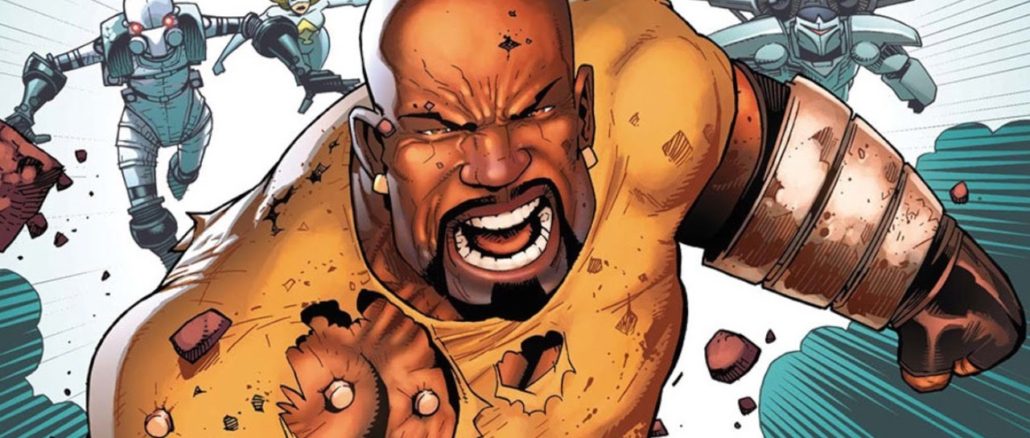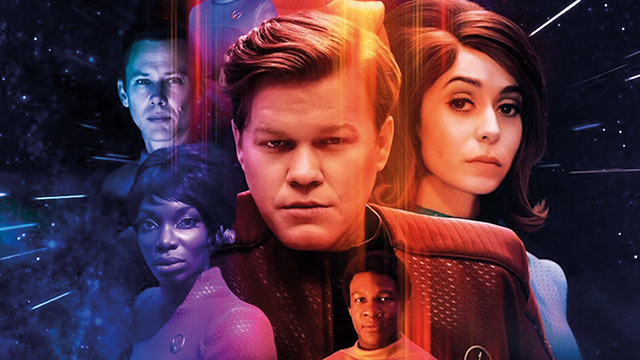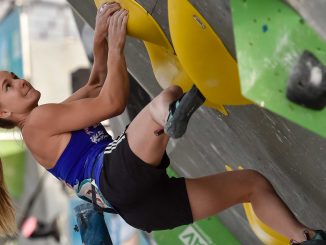
Luke Cage is Netflix and Marvel Studio’s 3rd superhero venture following Daredevil and Jessica Jones. After the critical success of the aforementioned shows, there was a lot for Luke Cage to live up to, and it most certainly did.
Marvel’s latest TV series Luke Cage does a better job than any of its predecessors when it comes to social commentary and representation. In a society in which movements such as Black Lives Matter exist and the relationship between black youths and American police is tense, Luke Cage acts as a unique insight into these issues.
The series, which follows the titular hero in his attempts to unite Harlem against corruption, boasts great acting, action, characters, and without a doubt the richest supporting cast in any Marvel TV show or film yet. Aside from the series being a massive follow-up success to Daredevil and Jessica Jones, it is more than just a superhero show.
Racial dynamics have never been explored as much as it is in Luke Cage. Despite how long it took for Marvel to centre a TV show or film around the adventures of a black superhero, the way the sensitive subjects explored in the show are approached must be commended.
From political corruption to the relationship between Harlem’s black community and the police, the show does a remarkable job of tackling such delicate material with taste. Throughout the series, especially in the second half, the protagonist is referred to as “a bulletproof black man”. Along with this is the examination of legacy when it comes to social justice as well as the legacy of black culture in America. There are frequent examples of mistrust and discontent towards media and law enforcement.
At no other time is this made clearer when members of the Harlem community walk around the streets in hoodies with bullet holes in them, in solidarity with Cage. This scene is made all the more powerful by Method Man rapping in solitude with Cage while the group encounters the NYPD.
There are various reasons why Luke Cage is as important and valuable as it is. Not only does it address modern social issues with taste and incorporate these into the wider narrative, but it does well when it comes to representing the black community.
As Simone Missick, who plays Misty Knight in the show, puts it: “The show is introducing all of these characters in a time where we need to see more humanity of people of colour on TV. We need to see them portrayed in a way that shows they are three-dimensional, and that they have the same thoughts and feelings and emotions as everyone; that we are humans”.
As well as this is the audience that would be consuming such a product as Luke Cage. Never before have Marvel products, and superhero franchises in general, been as big a product of film and TV as today. Netflix crashed a few days after Luke Cage’s release, prompting many to claim that it was this series that forced the crash – if so there is a lot of people watching and absorbing the topical issues the show presents.
More importantly than all of that, however, is that we, as a global society, need to start thinking and talking about these issues. It does not matter if it is celebrity campaigners, politicians who may or may not just be looking for votes, or superhero TV shows, issues such as racial prejudice, police malpractice and political corruption need to be put under the microscope in order for our society to grow.
Luke Cage does not only examine timely social issues but it also represents a much needed injection of diversity within the Marvel Cinematic Universe. Marvel have frequently been criticised for not “getting with the times”. On the other hand, to be fair to the company, they are improving. In Jessica Jones, Luke Cage, as well as the upcoming Black Panther and Captain Marvel films, Marvel are at least making an attempt to produce more balanced content in terms of diversity with regard to race and gender. Add to all of this the ever-growing grumblings of a standalone Black Widow film following the character’s breakthrough in recent films, and it is getting better. Despite this, more needs to be done.
Missick put it best: “I think it is ushering in a new genre of superheroes of colour…..But also strong women, and women of different ethnicities on TV and their storylines being held in the same regard as men.”
Andrew Ryan




Leave a Reply